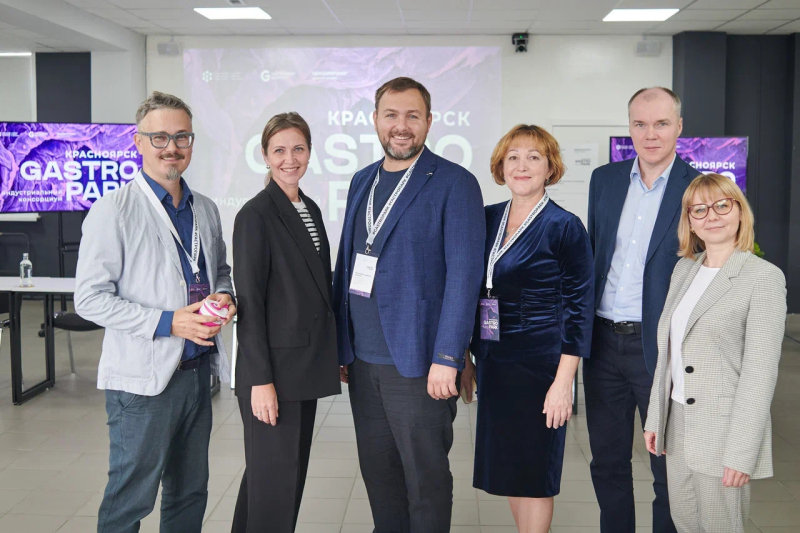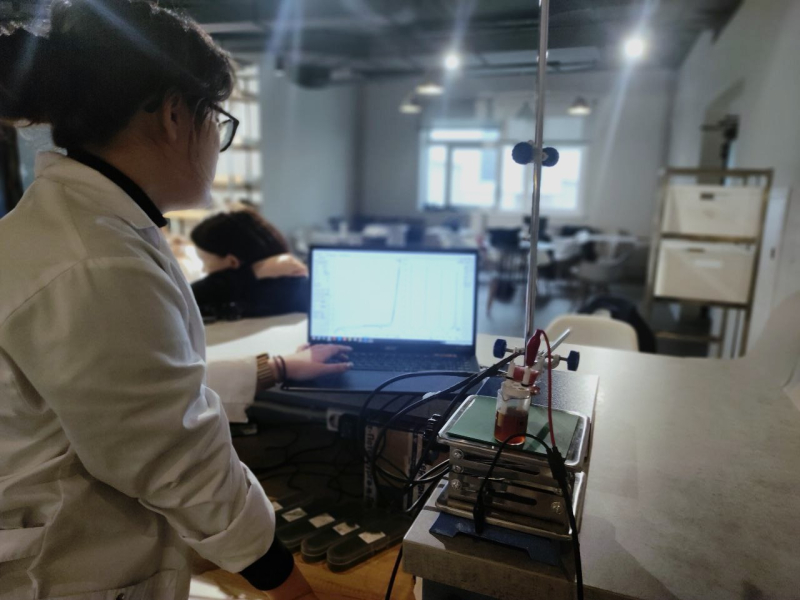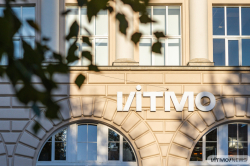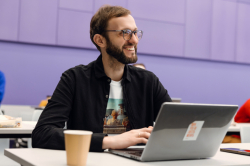For this project, ITMO’s Infochemistry Scientific Center collaborates with Gastronomy Institute that launched at Siberian Federal University (Krasnoyarsk) in 2022 as part of the franchise of the French-based Institute Paul Bocuse. Last year, the institute was named the best educational project at Russian Creative Awards.
The aim of the project is to develop a system that will evaluate the quality of coffee based on its physical and chemical characteristics – without a human specialist. For this, the scientists collaborate with professional baristas to collect a database of measurements and corresponding evaluations provided by coffee tasters. So far, the database contains information on 400 blends of coffee that is now used to train an AI model that will be able to predict the properties of coffee without human assistance.
“In terms of software, our system includes a database and machine learning algorithms that can predict the intensity of coffee flavor and its quality based on three properties: its bitterness, sweetness, and acidity. Currently, the algorithm is capable of predicting that a particular blend will be very bitter but with average acidity. As for the accuracy of predictions, so far it is at 70%,” says Alexander Aglikov, a junior researcher at the Laboratory for Intelligent Technologies in Infochemistry.

The team of the project. Photo courtesy of the project developers
Read also:
Results in 15 Minutes: ITMO Researchers Develop Device to Detect Antibiotics, Bacteria, and Viruses
The project’s industrial partner is the Krasnoyarsk-based restaurant holding Bellini. In the future, the holding is planning to use the new solution in vending machines to improve the quality of coffee they offer.
How it works
The new device consists of a sensor and machine learning-based software. The sensor is an electrochemical cell made from liquid metal and electrodes. To be analyzed, a substance has to be placed inside the cell; then, it is pierced with an electric current, while a potentiostat measures its conductivity and plots its electric response. The acquired data is then processed by an algorithm and compared to the database of the already analyzed samples. Then, the physical and chemical properties of the product are used to evaluate its quality.
Both the hardware and the software were developed at ITMO’s Infochemistry Scientific Center. The system is already used by the university’s industrial partners, such as the Galactica Group, a major dairy producer. For this particular application, the system was adapted to detect antibiotics, bacteria, and viruses in milk. However, the developers also note that their device can be used to analyze other foods, as well as non-food products.
In 2022, the project became the winner of Blue Sky Research, a contest of research projects by young scholars who use artificial intelligence to solve problems at the frontiers of science.
Read also:
ITMO Scientists Win the First Blue Sky Research Innovative Scientific Projects Contest
Other applications of the new device
Initially, the device was meant to analyze wine – primarily to prevent counterfeit. The team from the Infochemistry Scientific Center has even developed a method for detecting the wine’s region of origin, the grape variety it was made from, and the year it was collected. However, in the process it became clear that there are too many factors (including less obvious ones) that influence the taste of wine – usually, sommeliers rely on their intuitive and subjective judgements. That’s why this process is rather hard to automate.
A device that would determine the quality of coffee seemed as a more plausible idea. The project has already received a grant from the St. Petersburg Foundation for the Support of Innovations and Youth Initiatives. Moreover, the project is submitted for the next Blue Sky Research contest – the results are to be announced in December.
Read also:
One of the strategic areas of development for the Infochemistry Scientific Center is the commercialization of its research solutions. According to Olga Orlova, a researcher at the Laboratory for Intelligent Technologies in Infochemistry and an associate professor at the Faculty of Technological Management and Innovations, the interest in the center’s foodtech projects is growing annually. For instance, the center’s team is working on software for the Khacho and Puri restaurant chain that will identify the taste of umami that has an effect on the popularity of various items on the menu. This software analyzes combinations of ingredients listed in each meal’s description, and ideally it will be able to predict each meal’s popularity even before they appear on the menu.
Among the center’s other potential partners and investors are major grocery stores. For example, this September the center will be launching a joint project with VkusVill, a chain of grocery stores. Within the project, the group headed by Olga Orlova will develop recipes for new products in accordance with VkusVill's guidelines.





